It’s time for change
Modern diets are packed with ultra-processed, high fat, sugar and salt foods, contributing to record levels of obesity, diabetes, cardiovascular disease, gastrointestinal conditions, poor sleep, chronic stress, and more.
Our gut is the control centre for our physical and mental health, our daily wellbeing and our weight, yet education on how to create and support a healthy gut is shockingly poor. In fact, it’s completely absent from our education and healthcare systems, and we want to change that.
The first step to achieving better health is by achieving better gut health, and you can do this through simple, actionable changes, including understanding your poo!
*Based on 32,000 responses to the DR.VEGAN® Diet Profile.
The
powerhouse behind your health
Your gut is responsible for the digestion and absorption of nutrients which are the building blocks for almost everything in your body, from your energy, immune health, your stools and your sleep, to your concentration, skin health and much more!
Digestion
Everything your body does requires nutrients including, but not limited to, building and repairing cells, making energy & hormones, your brain function, blood function and muscle function. Proper digestion and absorption of nutrients is a core factor in our health and survival.
Vaginal health
Poor gut health can lead to inflammation and an overgrowth of harmful bacteria, which can then travel to the vaginal area and disrupt the delicate balance of the vaginal microbiome.
Heart health
An imbalance in gut bacteria means more metabolites are produced, which can raise cholesterol levels or harm our blood vessels.
Energy
75% of our gut health survey respondents who had poor gut health indicted a lack of energy. Your gut helps absorb the nutrients from the foods you eat to fuel your energy and brain.
Skin health
31% of people from our skin health survey reported poor gut health impacting their skin health. Digestive problems in the gut can break down the protective antimicrobial barrier and impair its function, which can make our skin vulnerable to inflammation.
Immunity
Our digestive system has a big influence on our immune system. Around 70-80% of your immune system originates from your gut, so if you want to stay well, making gut health a priority is essential.
Mood
A healthy gut microbiome helps increase the production and communication of our happy hormone called 'serotonin.' 95% of serotonin is produced from the gut and sent back up to the brain, calming our mood. 50% of people from our gut survey felt more stressed and suffered from poor sleep as a result of poor gut health.
Weight
Two-thirds of our gut health survey respondents struggled with their weight. Different types of bacteria living in the gut can have different impacts on health. Example, the Mediterranean Diet seems to have beneficial impacts to the gut microbiome promoting a healthy life and could be a useful tool against obesity. Dietary strategies targeting the gut microbiota have been shown to be successful in decreasing obesity and metabolic disorders via different molecular mechanisms.
Watch our interview with Evie Whitehead
Evie Whitehead is a registered nutritional therapist with 10 years of experience in gut health, currently a practising nutritionist working with lots of clients across the UK. She's a self confessed gut geek. She's a gut health podcast speaker, and she's the founder of the Healthy Eating Program: Eat Better, Feel Better.
Watch now to find out how you can support your gut and your overall health with simple and easy nutrition ideas, as well as understanding how your gut can influence just about everything!
You can find Evie at:
6 Signs of an
unhealthy gut
When your gut is out of balance it will be sure to let you know. In our gut survey, 44% of people said their gut health restricts how they go about their daily life, a third of people avoid social contact and going out as a result of their gut health, while 30% of people experience mild depression.
Here are the top signs to look out for that may indicate your gut is in need of some love.
Healthy bowel movements sweep toxins out of the body, if natural detoxification doesn't occur, toxins will be reabsorbed through the gut, and the body has to push them out through the skin, causing redness and acne.
The main chemicals needed for concentration are acetylcholine, dopamine and noradrenaline, and they're produced in the gut by probiotics. Disruptions to probiotic numbers will decrease these chemicals and in turn your ability to concentrate and focus.
Gas and bloating can occur for a few reasons. Low stomach acid and enzyme production can inhibit the breakdown of foods, fibres, sugar, fats or protein, and allows bacterial fermentation which creates gas and bloating.
Constipation is an obvious sign of an unhealthy digestive system. Constipation can be caused by a lack of probiotics which provide most of the weight of faecal matter.
Diarrhoea occurs when the gut is irritated due to parasites, detrimental bacteria, poorly digested foods or food sensitivities.
Insomnia is a common problem and affects life quality. Research shows you're more likely to suffer poor sleep or insomnia if you suffer poor digestion or IBS.
How food impacts gut health
Discover factors impacting gut health in the UK diet and foods that can help support it.
59% of people from our survey into gut health stated bread and refined carbs trigger gut health issues.
Gut Nourishers
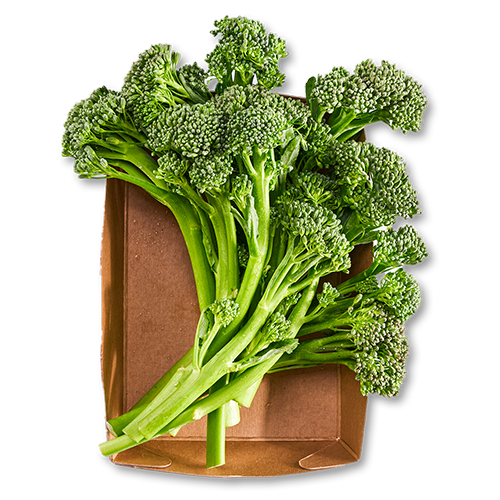
High-fibre foods
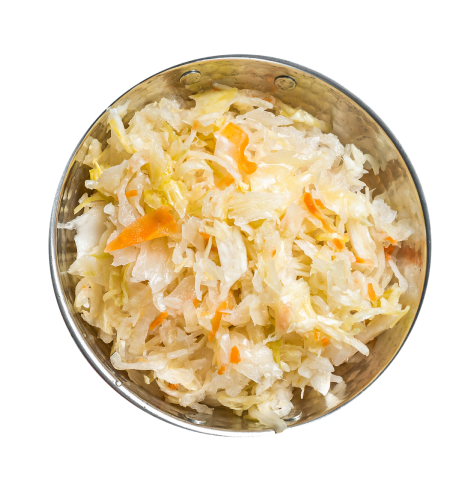
Fermented foods
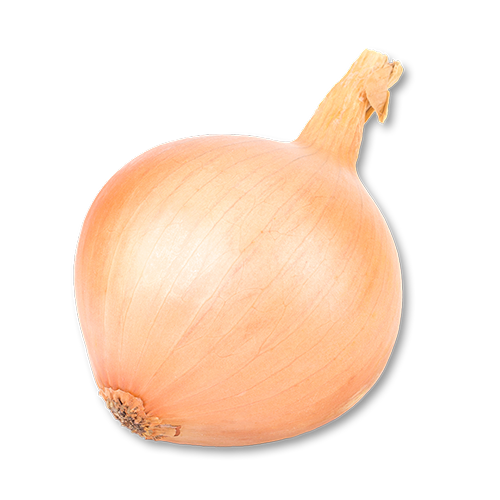
Onion
Gut Troublers
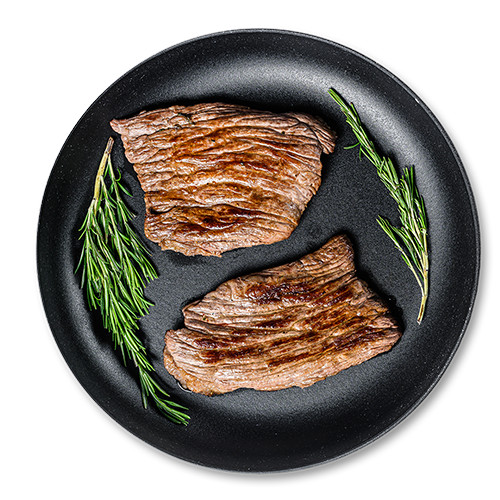
Red and processed meat intake

High sugar diet
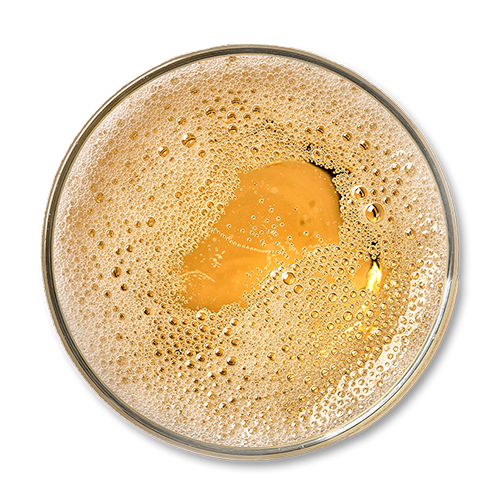
Excessive alcohol
Gut health explained
A troubled gut, poor digestion and IBS are very common problems. Our own customer survey shows that more than 4 in 10 people regularly suffer digestion issues, and 1 in 4 people suffer symptoms of IBS (Irritable Bowel Syndrome).* Poor gut health can not only be uncomfortable and debilitating, it is also likely to cause other physical and mental symptoms that may affect your day-to-day life.
Types of poo & what it means about your health
Because poo is not something widely discussed, many people are left wondering if their poo is normal and they're unaware of the signs of ill health that it can point to. There are many variations of poo, and each one indicates an area of health that is either in or out of balance in our gut.
This means you are constipated and need more fibre, water and probiotics.
This means that you should look again at adding more water, fibre and probiotics to your diet
This is an improvement on #2, however a small tweak in the amount of water you consume wouldn't do any harm.
Congratulations, you have the perfect poo!
This is another example of a great poo!
This is mild diarrhoea, and you need to address the level of probiotics in your gut.
This is diarrhoea and if this does not resolve itself within a few days, you should get this checked by your GP.
This means you are constipated and need more fibre, water and probiotics.
This means that you should look again at adding more water, fibre and probiotics to your diet
This is an improvement on #2, however a small tweak in the amount of water you consume wouldn't do any harm.
Congratulations, you have the perfect poo!
This is another example of a great poo!
This is mild diarrhoea, and you need to address the level of probiotics in your gut.
This is diarrhoea and if this does not resolve itself within a few days, you should get this checked by your GP.
This means you are constipated and need more fibre, water and probiotics.
This means that you should look again at adding more water, fibre and probiotics to your diet
This is an improvement on #2, however a small tweak in the amount of water you consume wouldn't do any harm.
Congratulations, you have the perfect poo!
This is another example of a great poo!
This is mild diarrhoea, and you need to address the level of probiotics in your gut.
This is diarrhoea and if this does not resolve itself within a few days, you should get this checked by your GP.
This means you are constipated and need more fibre, water and probiotics.
This means that you should look again at adding more water, fibre and probiotics to your diet
This is an improvement on #2, however a small tweak in the amount of water you consume wouldn't do any harm.
Congratulations, you have the perfect poo!
This is another example of a great poo!
This is mild diarrhoea, and you need to address the level of probiotics in your gut.
This is diarrhoea and if this does not resolve itself within a few days, you should get this checked by your GP.
This means you are constipated and need more fibre, water and probiotics.
This means that you should look again at adding more water, fibre and probiotics to your diet
This is an improvement on #2, however a small tweak in the amount of water you consume wouldn't do any harm.
Congratulations, you have the perfect poo!
This is another example of a great poo!
This is mild diarrhoea, and you need to address the level of probiotics in your gut.
This is diarrhoea and if this does not resolve itself within a few days, you should get this checked by your GP.
Fix your gut health
Discover our range of supplements to support your gut health.
Meet our targeted probiotics
Our range of probiotic supplements are formulated by expert nutritionists.
Most common questions about probiotics
Probiotics are one of the fastest-growing supplement categories, and they're used by hundreds of millions of people across the world. The biggest driver of the growth in probiotics has been the new research and evidence released over the past 10 years. The key focuses of this research includes the role probiotics and prebiotics play in our overall wellbeing, from gut health to skin health, mental health, immunity and much more.
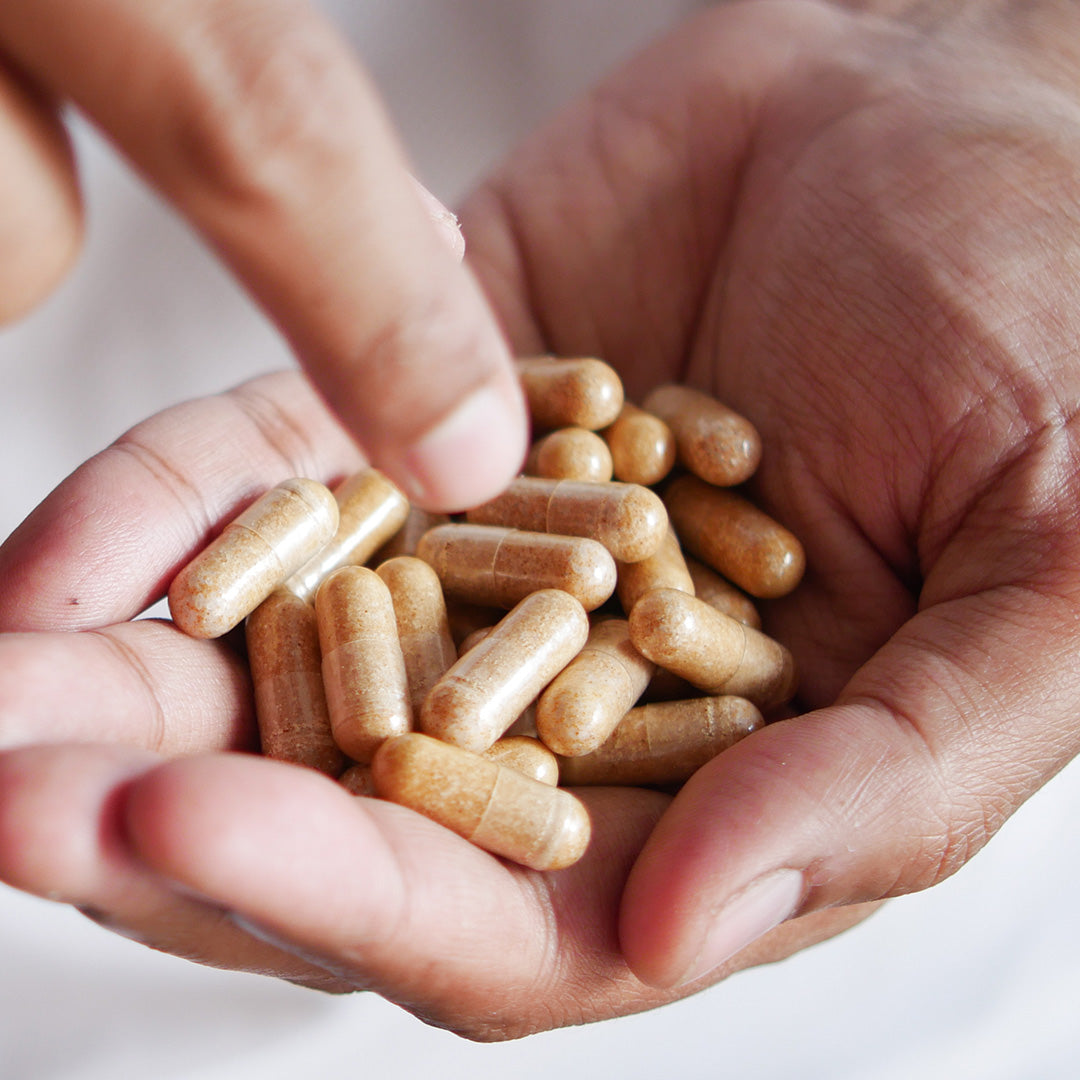

CFU stands for 'colony-forming units', which refers to the number of live and active microorganisms that you can expect in a probiotic supplement. This is determined in the laboratory, and CFU tells us the viability and number of microorganisms in the probiotic prior to exposure to the gastrointestinal tract. The active microorganisms tend to live and grow together as colonies, even though we sometimes refer to them as individual bacterial strains. CFU essentially refers to the beneficial bacteria that you can expect, as a total count per dose.
The number of CFUs is one important factor to consider when taking a probiotic, but it's not the only factor. Probiotics are expensive to manufacture, so a higher CFU can often be a good indication of quality or whether a probiotic is value for money or not, however, it doesn't necessarily mean it has better efficacy or outcomes. Likewise, a low CFU count may (or may not) be adequate for your particular health goal. Most probiotic supplements have a range between 1-20 billion CFUs of live bacteria per dose, while there are some that have 50 billion or more, and there are others with 100 billion and more
Combinations of probiotic strains have had robust research for a number of different purposes. The human body’s microbiome contains over 800 different bacterial species, so it is inherently diverse and naturally a multi-strain, multi-species environment. It is therefore generally believed that we need to help repopulate the microbiome with a combination of strains to complement our natural flora, rather than one specific strain.
The vast majority of clinical studies have shown that probiotics exert beneficial effects on gut health issues ranging from IBS, bloating and gas, to acid reflux and constipation. But we also know that by restoring the intestinal balance of harmful microbes with healthy bacteria, the beneficial effects experienced reach far beyond gut health. There are bi-directional relationships that exist between the gut and other organs that have been referred to as the gut-brain axis, the gut-skin axis or the gut-vagina axis, for instance. The gut also plays a vital role in regulating our hormones and many other health issues.
The short answer to this question is YES. Prebiotics are plant fibres that are not digested by your body, which means they travel through your stomach to your digestive tract, where they feed and support the probiotics in your gut. When probiotics feed off prebiotics, they produce lactic acid and short-chain fatty acids that improve the digestion of foods and the overall health of your gut microbiome. Put simply, without prebiotics, probiotics are not nearly as effective.
Postbiotics are considered to be the compounds created by bacteria during the fermentation process. They are the beneficial end products of bacteria. Unlike prebiotics, postbiotics do not contain live microorganisms; however, they can still be effective in their own right. Postbiotics can contain nutrients like Vitamins B and K, as well as substances that slow down the growth of unhealthy bacteria.
Whether you need a probiotic or not is up to the individual, their circumstances, their health status and the health concerns they are seeking to improve. Generally, healthy people might just want to take a probiotic daily to keep their immune system in check, support their gut health when travelling and eating new cuisines or improve their skin condition.
The Benefits of Probiotics
Many systems in the body rely on probiotics to function effectively. Probiotics help with the digestion of food by producing digestive enzymes, they support the function of the immune system, promote effective detoxification, they help to maintain healthy skin, and they create neurotransmitters when they travel to the brain. Having multiple probiotic strains is also a bonus as each strain provides a different action in the gut. It is estimated there are over 40,000 different strains of probiotics in the gut, so it makes sense to take a multi-strain formula.
Antibiotic-Associated Diarrhoea
Bacterial Vaginosis
Clostridium Difficile Infection
Constipation
Diverticular Disease
Irritable Bowel Syndrome
Traveler’s Diarrhoea
Dental Caries (Tooth Decay)
Allergic Rhinitis (Hay Fever)
Asthma
Atopic Dermatitis
Prevention of Allergies
Acne
Upper Respiratory Infections
Urinary Tract Infections
Lowers Cholesterol
*Antiallery and immune modulating effects
Gut survey: Based on a UK survey conducted by DR.VEGAN®of 246 customers, nationally representative, during August & September 2022. All customer survey findings reflect our own efforts and have not been influenced or verified by any external organisations or third-party entities.
Skin survey: Based on a UK survey conducted by DR.VEGAN® of 300 customers, nationally representative, during May 2023. All customer survey findings reflect our own efforts and have not been influenced or verified by any external organisations or third-party entities.
Looking for personalised advice?
- Dale Pinnock, The Medicinal Chef: https://www.dalepinnock.com/
- Evie Whitehead: https://www.evienutrition.co.uk/
- Mike Murphy from Saffron Wellness: https://www.saffronwellness.com/
- Mark Killick: https://www.mknutrition.co.uk/
- Martin Cohen from The IBS & Gut Health Clinic: https://ibsguthealthclinic.co.uk/locations/wilmslow/
- Hannah Richards from The Gut Clinic: https://www.thegutclinic.net/about-me
- Carmen Martinez-Vidal from Nutrition Diets: https://nutritiondiets.co.uk/
- Kelly Mulhall from The Natural Balance: https://www.thenaturalbalance.net/
- Sharon Kallos from Kallos Nutrition: https://www.kallosnutrition.com/
- Julie Silver: https://www.juliesilver.co.uk/
- Olianna Gourlis Clinic of Nutritional & Functional Medicine: http://www.naturopathy-med.com
- Deb Armstrong: http://dpptrainfit.com/
- Olivier Sanchez: https://www.nutrunity.com/
- Judy Watson: http://www.kenergetics.com/
- Kim Parker: http://www.kimparkernutrition.com/
- Michael Rogan: http://www.reclaimyourhealth.co.uk/















































































